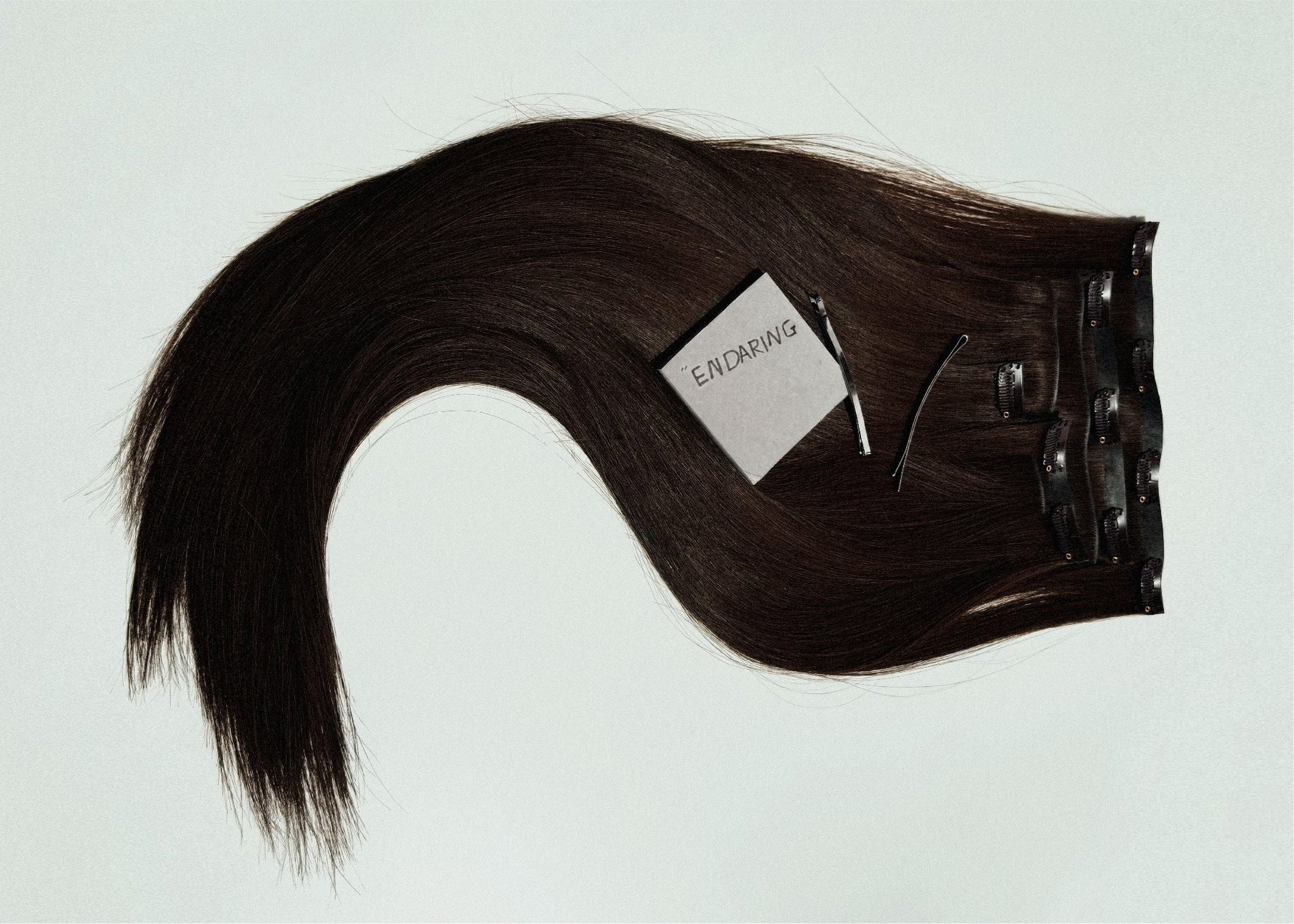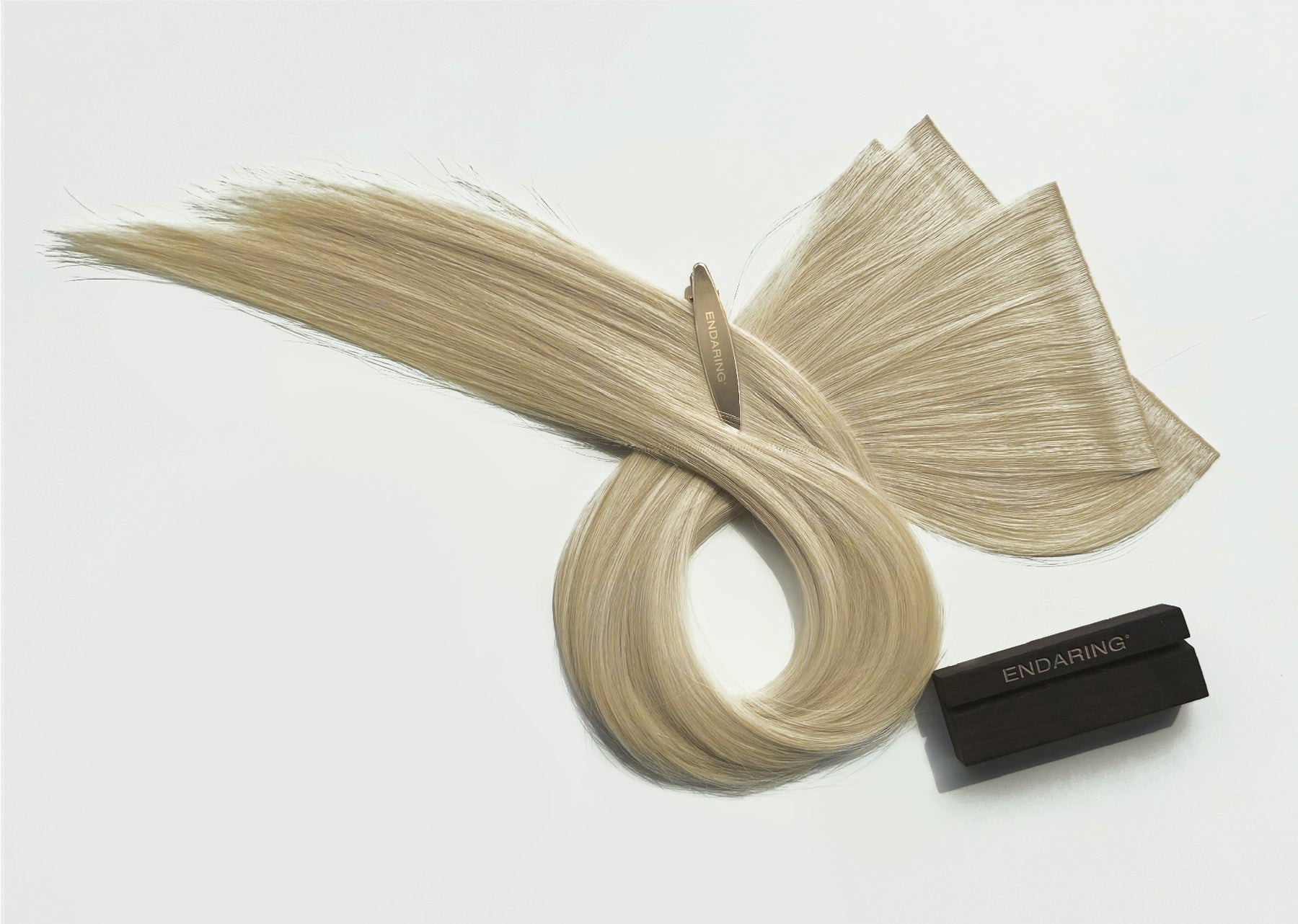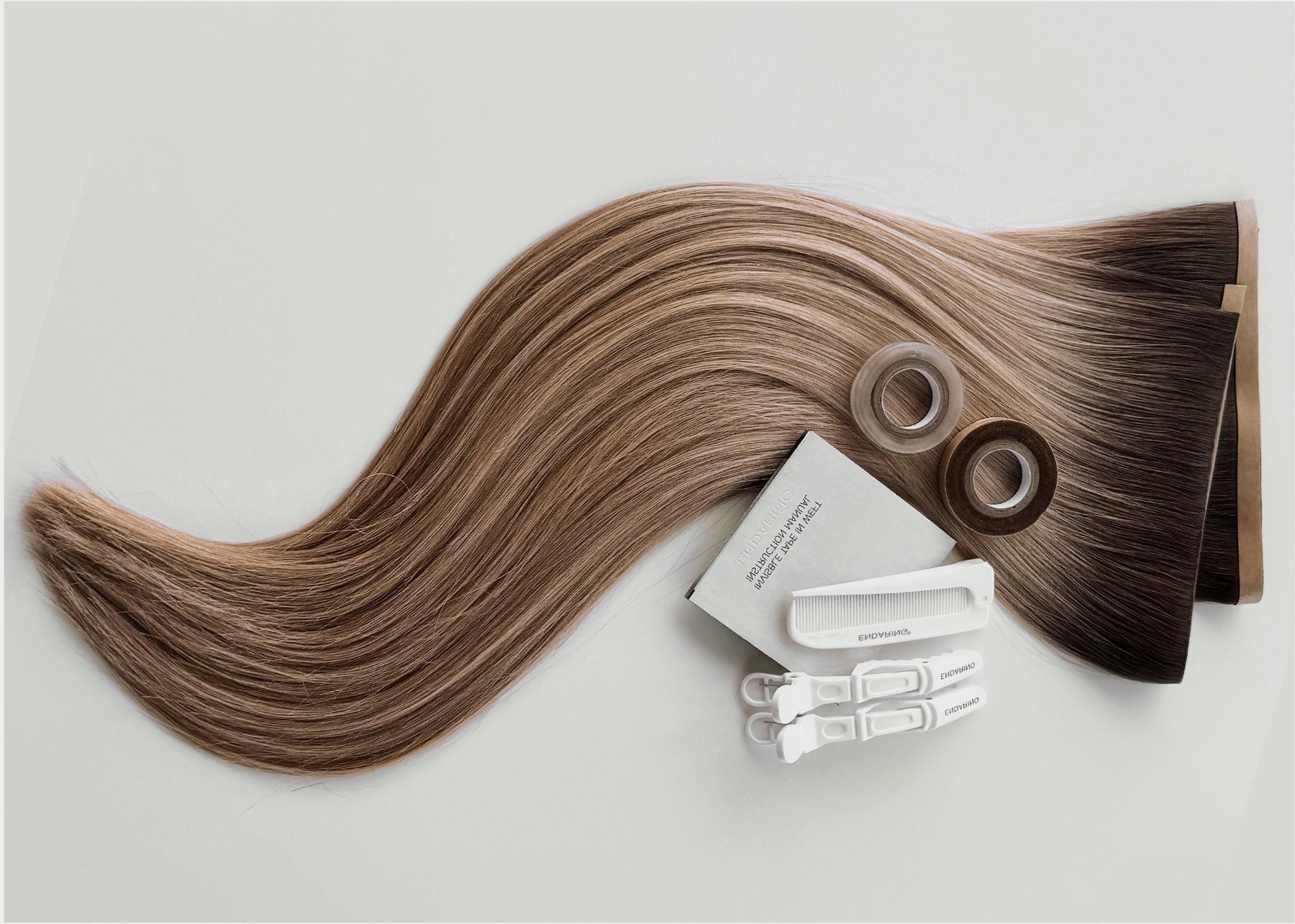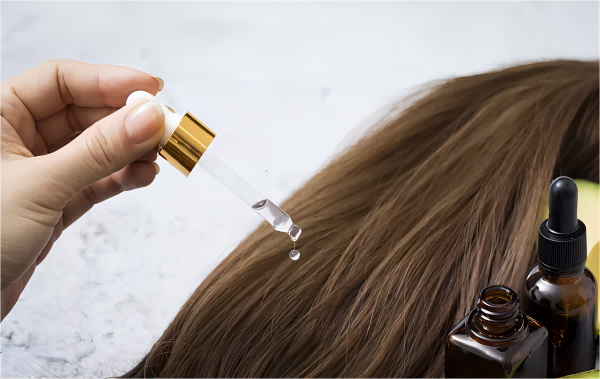Today, we're diving into the wonderful world of DIY hair care with a focus on one of nature's gems: rosemary oil. If you've been pondering how to make rosemary oil for hair, you're in the right place.
Understanding the Benefits of Rosemary Oil for Hair Health:
Rosemary oil is celebrated for its multitude of benefits when it comes to hair health. Its rich composition of nutrients, including antioxidants, vitamins, and minerals, makes it a potent elixir for promoting hair growth, combating dandruff, and soothing scalp irritation. Additionally, rosemary oil is believed to improve circulation to the scalp, which can stimulate hair follicles and encourage thicker, stronger hair growth. Its antimicrobial properties also help maintain scalp health by preventing bacterial or fungal infections that can lead to itching and inflammation.
Choosing the Right Carrier Oil: Enhancing Your Rosemary Oil Blend:While rosemary oil can work wonders independently, combining it with carrier oil amplifies its benefits and makes it easier to apply to the hair and scalp. When selecting a carrier oil, consider factors such as your hair type, preferences, and any specific concerns you want to address.
Let's delve into the specifics of choosing the right carrier oil to enhance your rosemary oil blend:
Consider Your Hair Type: Different carrier oils offer unique properties that cater to specific hair types. For instance:
- If you have dry or damaged hair, opt for heavier oils like olive oil or coconut oil. These oils are deeply moisturizing and can help nourish and repair brittle strands.
- For individuals with oily or fine hair, lighter oils such as jojoba oil or grapeseed oil are preferable. These oils are lightweight and non-greasy, making them suitable for providing moisture without weighing down the hair.
Assess Your Preferences: Your personal preferences play a significant role in choosing a carrier oil. Consider factors such as:
- Texture: Some carrier oils have a thicker consistency, while others are lighter and more easily absorbed. Choose an oil that feels comfortable on your hair and scalp.
- Scent: Carrier oils can have varying levels of fragrance, from virtually odorless to mildly aromatic. Select an oil with a scent that appeals to you and complements the aroma of rosemary oil.
Address Specific Concerns: Determine any specific hair concerns you want to address with your rosemary oil blend. Different carrier oils offer targeted benefits that can help address various issues, such as:
- Frizz: Argan oil is renowned for its ability to tame frizz and flyaways, thanks to its high content of fatty acids and antioxidants.
- Scalp Health: Tea tree oil-infused carrier oils can help soothe scalp irritation and combat dandruff, thanks to their antimicrobial properties.
- Shine and Softness: Sweet almond oil is rich in vitamins and minerals that promote shine and softness, making it an excellent choice for dull or lackluster hair.
Popular Carrier Oils for Hair: Here are some commonly used carrier oils for hair and their unique benefits:
- Olive Oil: Known for its moisturizing properties, olive oil penetrates the hair shaft to hydrate and strengthen from within, making it ideal for dry or damaged hair.
- Coconut Oil: With its high affinity for protein, coconut oil helps reduce protein loss in hair and prevents damage. It's also antimicrobial, making it beneficial for scalp health.
- Jojoba Oil: Similar in composition to the skin's natural sebum, jojoba oil regulates oil production on the scalp and moisturizes without leaving a greasy residue.
- Argan Oil: Packed with antioxidants and fatty acids, argan oil nourishes and hydrates hair while adding shine and reducing frizz.
Selecting Fresh vs. Dried Rosemary: Which is Best for Hair?
When making rosemary oil for hair, you may wonder whether to use fresh or dried rosemary. Both options have their merits, so the choice ultimately comes down to personal preference and availability. Fresh rosemary is prized for its vibrant aroma and higher water content, which can result in a more potent infusion. On the other hand, dried rosemary is convenient and has a longer shelf life, making it a practical choice for those who don't have access to fresh herbs year-round. Experiment with both to see which yields the best results for your hair.
Essential Tools and Equipment for Crafting Rosemary Oil at Home:
Crafting rosemary oil at home requires minimal equipment, making it an accessible DIY project for anyone eager to elevate their hair care routine. You'll need basic kitchen tools such as a cutting board, knife, and glass jar for infusing the oil. Additionally, a fine mesh strainer or cheesecloth is essential for removing the rosemary leaves from the oil once it has been infused. To ensure the purity and potency of your rosemary oil, opt for high-quality ingredients and clean, sterilized equipment.
Ingredients:
Fresh rosemary sprigs (dried works too, but fresh is best for maximum potency)
Carrier oil of your choice (olive oil, coconut oil, jojoba oil – take your pick!)
Steps:
Prepare the rosemary leaves: Wash the fresh rosemary leaves thoroughly and allow them to dry completely. If you're using dried rosemary, skip this step.
Crush or chop the rosemary: Crush or chop the rosemary leaves to release their essential oils. This step helps maximize the infusion process.
Choose your carrier oil: Select a carrier oil of your choice. Olive oil is commonly used, but you can also use coconut oil, jojoba oil, almond oil, or any other carrier oil you prefer.
Combine the rosemary and carrier oil: Place the crushed or chopped rosemary leaves into a clean, dry glass jar. Pour the carrier oil over the rosemary leaves until they are completely submerged. Make sure the jar is sealed tightly.
Infuse the oil: Place the jar in a warm, sunny spot for about 2 to 4 weeks. This allows the rosemary to infuse its properties into the carrier oil. Shake the jar gently every day to help distribute the ingredients.
Strain the oil: After the infusion period, strain the oil to remove the rosemary leaves. You can use a fine mesh strainer or cheesecloth for this purpose.
Store the oil: Transfer the strained rosemary oil into a clean, dry glass bottle or container with a tight-fitting lid. Store it in a cool, dark place to preserve its freshness. Properly stored, rosemary oil can last for several months.
The Science Behind Rosemary Oil: How Does it Work for Hair?
Rosemary oil owes its hair-enhancing properties to its rich chemical composition, which includes compounds like carnosic acid, rosmarinic acid, and caffeic acid. These antioxidants help protect the scalp and hair follicles from oxidative stress, which can lead to premature hair loss and damage. Additionally, rosemary oil contains cineole, a compound that has been shown to stimulate hair growth by increasing blood flow to the scalp and promoting the proliferation of hair follicle cells.
Safety Precautions and Allergy Considerations When Using Rosemary Oil:
While rosemary oil is generally safe for topical use, it's essential to exercise caution and perform a patch test before applying it to your scalp or hair. Some individuals may be sensitive or allergic to rosemary oil, experiencing skin irritation or allergic reactions upon contact. Diluting rosemary oil with a carrier oil can help minimize the risk of irritation, especially for those with sensitive skin. Additionally, avoid getting rosemary oil in your eyes or mucous membranes, as it can cause discomfort and irritation.
Incorporating Rosemary Oil into Your Hair Care Routine: Dos and Don'ts:
Adding rosemary oil to your hair care routine is simple and can yield impressive results with consistent use. To reap the benefits, massage a small amount of rosemary oil into your scalp and hair roots, focusing on areas prone to dryness or thinning. Leave the oil on for at least 30 minutes or overnight for a deeply nourishing treatment before shampooing and conditioning as usual. Avoid applying rosemary oil directly to the lengths of your hair, as it may weigh them down or make them greasy.





